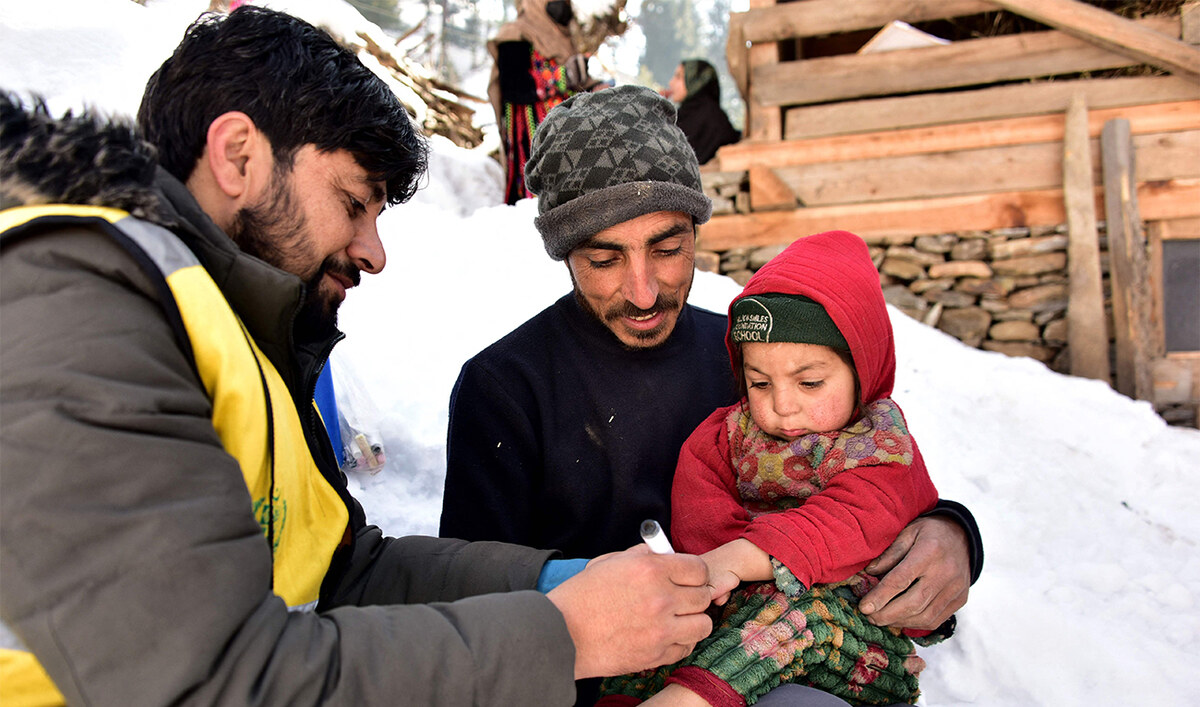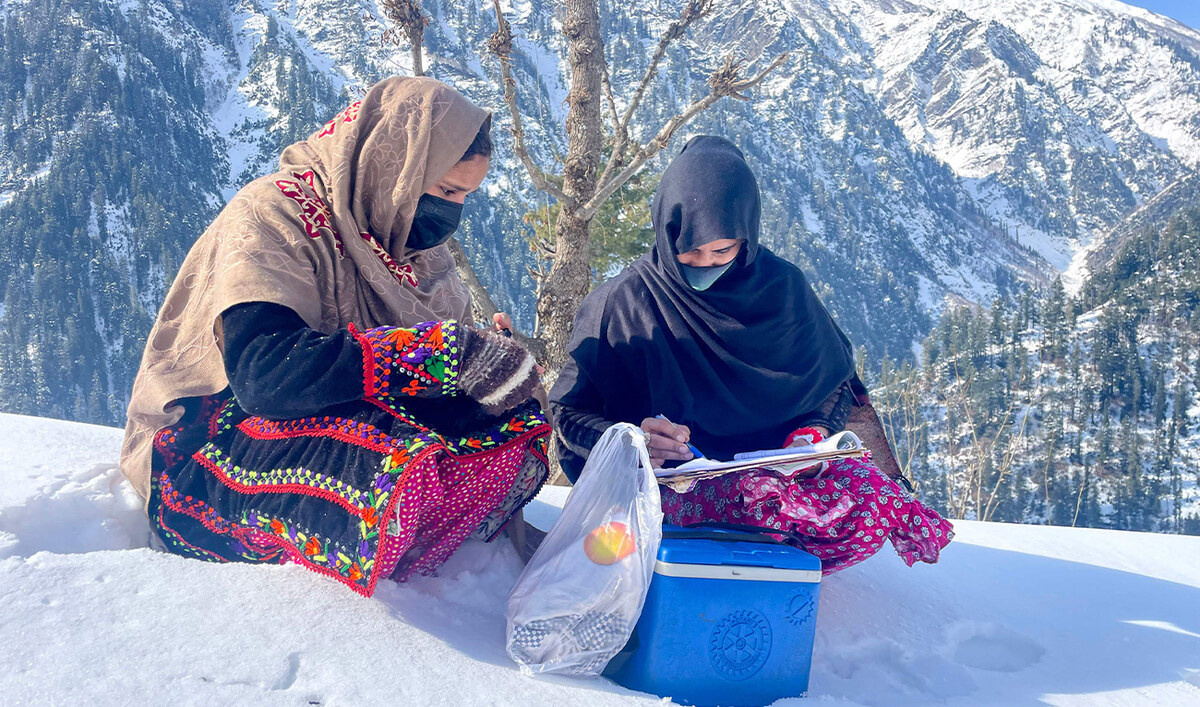ISLAMABAD: Pakistan’s Senate Chairman Yousaf Raza Gillani on Monday stressed the need to strengthen collaboration among the Organization of Islamic Cooperation (OIC) countries to tackle the common challenges of water, food and energy scarcity faced by member states for the sake of future generations.
Gillani expressed these views during the 25th Islamic World Academy of Sciences (IAS) conference on “Water-Energy-Food Ecosystem Nexus for the Security of OIC countries” in Pakistan’s capital. The OIC is the second-largest inter-government organization after the United Nations, with a membership of 57 states spread over four continents. It is considered globally as the collective voice of the Muslim world and seeks to safeguard and protect its interests.
The three-day conference, jointly organized by the Pakistan Academy of Sciences (PAS) and the IAS, featured delegates and scientists from over 13 OIC member countries. Participants discussed challenges faced by member states related to water, energy, food, and ecosystems, exploring ways to improve collaborative efforts.
“The definition of national security is evolving beyond traditional military threats to include a broader range of issues,” Gillani said as he addressed the conference’s inaugural session. “As the modern discourse now also encompasses threats to water, food, energy and environment as matters of national security.”
The former Pakistani prime minister said enhancing cooperation between OIC nations was imperative to address and resolve common challenges.
“This vision demands sharing of expertise, resources and scientific innovations to build up collective resilience and response since the challenges we face transcend national borders and require concerted action,” he said.
Gillani lamented that these crises were acute in OIC countries, where rapid population growth, urbanization and environmental degradation were putting immense pressure on natural resources.
He urged the Parliamentary Union of OIC Member Countries (PUIC) to proactively push sustainable development agendas through legislative interventions.
“The PUIC members also need to promote science diplomacy by initiating collaborative initiatives and sharing of good practices between parliaments, friendship groups and relevant committees which can be a game changer in our common endeavor to enhance national food, water, energy and environmental security,” Gillani said.
’DON’T NEED TALKS’
IAS President Professor Adnan Badran said OIC countries were not doing enough to address climate change effects and ensure a healthy planet for future generations.
“The most common problem in the OIC countries is the synergy of water, energy, food security, and ecosystem,” Badran noted. He called on all OIC member states to focus on these problems and resolve them through scientific research.
He lamented that there wasn’t a bridge between decision-makers and academia in OIC countries as everyone was working alone.
“I think those silos, we have to melt them down and integrate and have integrated policies,” Badran said. “[As] people they need water, they need energy, they need food security they don’t need talks.”
Pakistan’s former climate change minister, Senator Sherry Rehman, said OIC countries need to make integrated and collective efforts to revive Mother Nature so that it can survive and be nurtured for future generations.
“We need to balance our relationship with nature and our patterns of consumption,” Rehman stressed. “Let’s take care of our own region, recognizing that we are all interconnected as environmental issues have no boundaries,” she added.




















